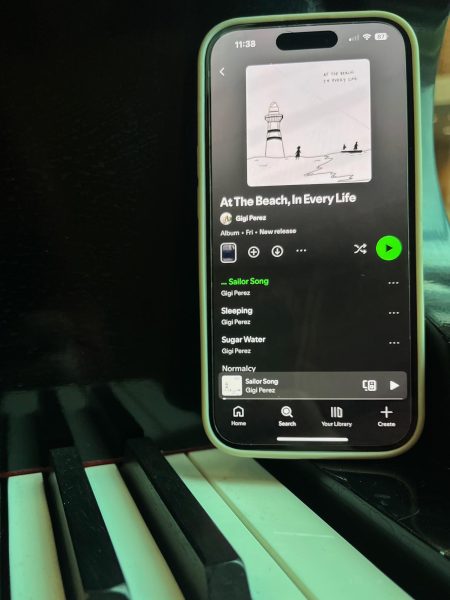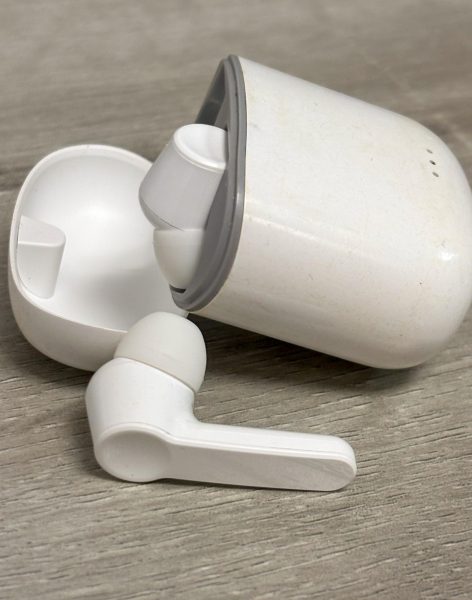Finding a balance between work and play
What does a crooked picture frame and someone who skips leg day in the gym have in common? Neither one is balanced. They both have an uneven distribution of weight that is apparent almost instantly.
The picture frame is adjusted properly now, but the lifter who resembles an inverted triangle remains, stalking his way around the free weight rack, looking for new ways to do curls and chest flys. He awkwardly hobbles over to do pull ups, swaying from side to side. Like a Jeep with a lift kit and poor suspension, eventually the lifter will roll over.
As the semester starts to pick up speed, work will become longer and harder. Juggling a part-time job, homework, writing, a start-up business and a couple clubs will be no easy task for me.
It will be easy to sink into becoming unbalanced just like the picture frame, sacrificing the fun activities that bring me peace of mind and relaxation. Yet I will go through with it because I have a passion for all of the things listed above.
In order to find balance in my life, I need to identify activities that will bring me clarity of mind. These activities need to be rejuvenating. My therapy will be: sleep, exercise, playing music, cooking good meals and hanging out.
By finding a good balance of work with fun and play, I can make progress on achieving my goals whilst keeping my sanity. If I have to cut into play on Tuesday, I will make sure to repay the debt of fun on the weekend.
Many schools of eastern philosophy call balance yin and yang. Two opposing but dependent complementary forces that make up all aspects of life. You can even see this concept play out in our thoughts.
We know that a thought is the result of perceiving an object in the world, but how could you think if there was no world of objects to perceive? Simply put, you cannot have one element (light, love, wealth) without a diametrically opposed element (dark, fear, lack). You wouldn’t know what to call light if it never got dark. Light would just be. Unquantifiable, yet everyone knows it is there, like gravity before Newton “discovered” it.
A good way of thinking about balance in this context is to imagine a personal bank account. This bank account is affixed to your level of fulfillment, not the number of George Washingtons you have. Direct deposits would be the things you do for fun and withdrawals, the work that stresses you out. By keeping this bank account balanced, you can stay level-headed while succeeding.
Excessive work or play will bring its own problems. Just ask your friend who parties hard how school is going. Ask another friend who can only ever talk about school and is a stiff breeze away from a mental breakdown.
You might find, surprisingly, that their answers are awfully similar. The party-goer is stressed about getting good enough grades to pass while the straight-A tryhard is stressed out by anything less than perfection.
They both have arrived at stress, but the avenues they choose to get there are opposite. Had they stopped and turned around (found balance) along the way, they would realize they didn’t need to leave in the first place.
Both students are rarely satisfied. The perfectionist always pushes forward while the partier always pulls back. To spend more time doing the opposite of what you’re used to takes courage and discipline.
Nick Sallen is the opinion editor for The Dakota Student. He can be reached at nicholas.sallen@my.und.edu










